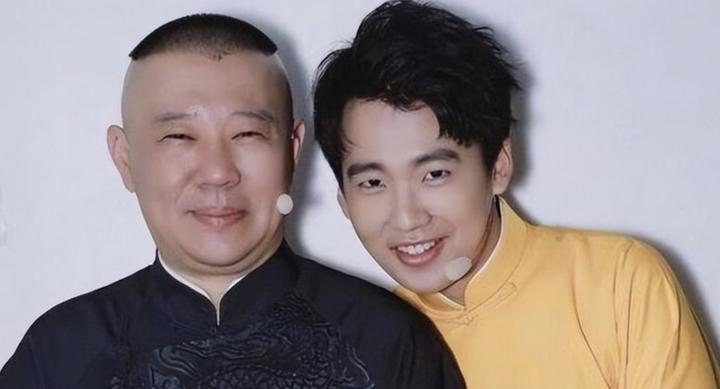The Future of Deyun Society After Guo Degang's Public Succession Announcement
During a variety show, Chinese comedy master Guo Degang officially announced his son Guo Qilin as the sole heir of Deyun Society, China’s prominent traditional crosstalk performance group, stirring discussions about its future direction.

When Guo Degang, the founder of Beijing Deyun Society (德云社), one of China’s most influential traditional Chinese comedy performance groups, announced his son Guo Qilin as the sole successor, it sparked intense discussions about the future of this cultural institution.
The announcement came during the filming of “Deyun Comedy Society,” a variety show featuring Deyun’s top performers including Yu Qian, Yue Yunpeng, Shao Juan, and Meng Hetang. Through carefully orchestrated short plays and dinner table discussions, Guo Degang unambiguously established Guo Qilin’s position as the heir.
However, this succession plan faces several challenges. First, Deyun Society’s success has been intrinsically tied to Guo Degang’s personal charisma and artistic vision. The organization operates more as an artist-led performance group than a conventional corporate entity. Without Guo Degang’s direct involvement, maintaining its artistic standards and commercial viability could prove challenging.
Guo Qilin, while showing promise as an actor, has focused primarily on television and film work rather than traditional Chinese crosstalk performance. His recent successes in popular TV series demonstrate his acting capabilities, but running Deyun Society requires different skill sets - from managing performers to preserving traditional art forms.
The organization’s current business model relies heavily on live performances and touring shows. As audience preferences evolve and entertainment options multiply, Deyun Society needs to adapt while preserving its cultural heritage. This transformation would require both innovative thinking and deep respect for tradition.
Financial considerations also loom large. Running a performance troupe with numerous artists involves substantial operational costs. The successor must balance commercial sustainability with artistic integrity - a challenge that has troubled many traditional art organizations in modern China.
Most significantly, the succession announcement reflects broader questions about preserving traditional Chinese performing arts in contemporary society. As younger audiences gravitate toward digital entertainment, maintaining relevance while honoring cultural traditions becomes increasingly complex.
Some industry observers suggest that Deyun Society might need to evolve into a more diversified entertainment company, potentially expanding into areas like drama schools, media production, and cultural tourism. This transformation would require careful management to maintain the organization’s artistic credibility while ensuring financial sustainability.
The relationships between various senior performers within Deyun Society will also influence its future direction. Many established artists have developed their own following and artistic styles. Managing these internal dynamics while implementing organizational changes will be crucial for successful succession.